Computing
Curriculum overview for Key Stage 3 Computing
National Curriculum programme of study: Computing
National Curriculum - Computing key stages 3 and 4 (publishing.service.gov.uk)
Curriculum intent – the knowledge, understanding and skills that students will learn
Computing is a constantly evolving technology which is omnipresent in our daily lives both at home and in the world of work. The Key Stage 3 Computing curriculum covers several main broad themes that are interwoven. Students need to understand that when individuals, systems and society as a whole interact with computer systems, there are risks involved and a range of ways to do this safely, respectfully, responsibly and securely. They need to develop their technical knowledge and understanding of how computers work, how their constituent parts function together as a whole, how networks can be used to retrieve and share information and how instructions are stored and executed within a computing system. They are also asked to develop their comprehension of how data of various types, including text, images, sounds and video can be represented and manipulated digitally in the form of binary digits. They gain experience in designing, creating and evaluating algorithms to better understand what underpins computational thinking. They expand their knowledge and skills: data management (Spreadsheets), programming (Scratch and Python) and digital media creation (Adobe Creative Cloud). They also gain experience in planning, creating and evaluating digital media projects.
Curriculum implementation – teaching, learning and assessment strategies
Our curriculum is organised into 18 units based on resources designed by the National Centre for Computing Education. The units have been carefully sequenced so lessons can build on each other to ensure a comprehensive coverage of the Key Stage 3 Computing curriculum and progression through the key concepts. These concepts are frequently revisited and applied to new situations and topics to help students see the connections and acquire a broader, meaningful and increasing overview and deeper understanding of the subject. We aim to bring abstract concepts to life by using appropriate video clips and practical demonstrations of the skills to students. We also provide concrete examples, wherever possible, based on students’ life experiences. We follow the Use-Modify-Create approach to gradually build students’ confidence before they are asked to design and create their own programs or digital products. We provide students with frequent opportunities to learn and recall key concepts, specialist terms and vocabulary through learning homework and formative quizzes including at the start or end of lessons. Through our frequent formative assessment opportunities both outside and inside lessons, we aim to identify and correct misconceptions as they arise.
Curriculum impact – intended outcomes for students
Our Key Stage 3 Computing curriculum aims to prepare our students to make informed decisions on how best to use constantly evolving technology when engaging with our connected world. We seek to develop students’ understanding of core computer science principles, how computing has evolved, how computing systems work and how they are underpinned by logic, algorithms, programming, and data representation. This acquired knowledge and understanding as well as the practical coding skills will enable students to become critical thinkers, problem solvers, digital creators and maybe programmers, engineers or analysts in their future. We expect our students to understand that there are ethical and security implications when using technology, including artificial intelligence, and how cyberbullying, data breaches and exposure to inappropriate content can be prevented. The final strand in our curriculum is directed at developing students’ digital literacy skills and empowering them to use Information and Communication Technology (ICT) creatively, responsibly and securely. As creators of multimedia digital projects, students will be taught how to plan their designs first and evaluate their work afterwards in order to review whether it has met the objectives set and work out how to improve it further. We also provide opportunities for our Key Stage 3 students to make use of their developing logical thinking and problem-solving skills in real life, by taking part in national, yearly competitions, such as the UK ‘Bebras’ Computational Challenge and the ‘CyberFirst Girls’ Year 8 competition organised by the UK government National Cyber Security Centre. Finally, in February, one of our lessons covers the yearly theme of the Safer Internet Day campaign which relates to how students can use the Internet more safely in their daily life.
Assessment overview for Key Stage 3 Computing
Our summative assessments alternate between testing students’ theoretical and technical knowledge or understanding and the strength of their practical skills when planning, creating and evaluating data, digital and programming projects.
Year 7
Theoretical and technical subjects: E-safety considerations, the workings of the Internet and of networks, programming constructs, use of data, ethical concerns with the use of digital media.
Practical skills: Microsoft office (Word-processing, presentation, online blogging and spreadsheets skills).
Year 8
Theoretical and technical subjects: Vector graphics, computing systems, Artificial intelligence and machine learning, data representation (binary code) and programming key principles.
Practical skills: Adobe Illustrator, Intermediate spreadsheets (Excel), programming (Python), Web design.
Year 9
Theoretical and technical subjects: Practical, ethical and legal considerations of managing data, Cybersecurity, Programming concepts continued.
Practical skills: Assured/Advanced Spreadsheets (Excel), Assured/Advanced programming (Python), working with audio visual media (Audacity, Adobe Photoshop), Augmented Reality (Adobe Aero, Blippar).
In addition to on-going formative assessment based on classroom and home learning, summative assessment of students’ progress in Key Stage 3 Computing takes place in line with whole-school arrangements for assessment. Please see the Curriculum and Assessment policy on the Curriculum website page for further details about Key Stage 3 formal assessment.
